Our next Interdisciplinary Cyber Security Seminar will take place TODAY (Tuesday, 27th January) at 4pm. The seminar will take place at Poole House in P335 LT, and will be free and open to all.
Our speaker will be Marc Busch. Marc is scientist at the AIT – Austrian Institute of Technology and is active at the intersection of persuasive technology and usable privacy and security. Furthermore, he is specialized in advanced quantitative and qualitative usability and user experience methodology, research methods and statistics in Human-computer interaction. Marc is involved in several international and national research and industrial projects, such as MUSES – Multiplatform Usable Endpoint Security. Before joining AIT, Marc was at CURE – Center for Usability Research & Engineering, where he focused on user experience and usability.
Abstract: Persuasive Technology is a vibrant field of research and practice, aiming to change the attitude or behavior of people. Persuasive technology has various different application areas, e.g. games motivating physical activity. An emerging application area is persuasive technology to increase information security and to engage people to protect their privacy. In the seminar, participants will hear about design principles for persuasive technology for promoting information security and also about methods to evaluate persuasive technology. Concrete examples and “best practices” will be given from a recent research project, in which persuasive technology is used in organizations to make employees comply with information security policies.



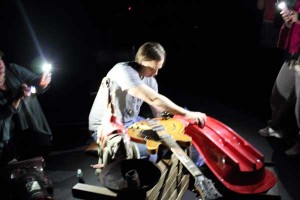



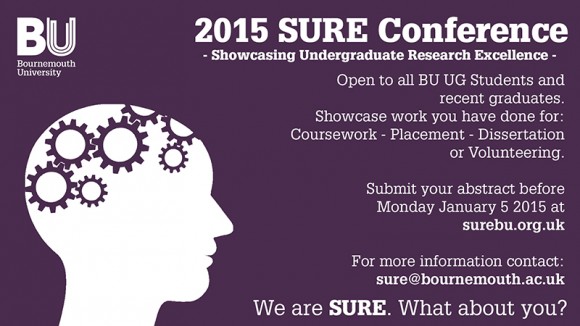


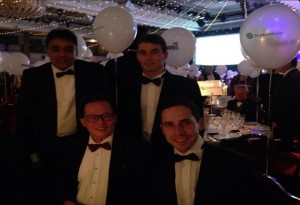
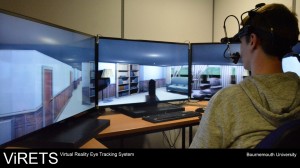
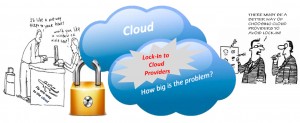
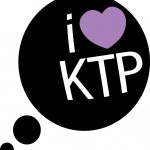











 From Sustainable Research to Sustainable Research Lives: Reflections from the SPROUT Network Event
From Sustainable Research to Sustainable Research Lives: Reflections from the SPROUT Network Event REF Code of Practice consultation is open!
REF Code of Practice consultation is open! BU Leads AI-Driven Work Package in EU Horizon SUSHEAS Project
BU Leads AI-Driven Work Package in EU Horizon SUSHEAS Project ECR Funding Open Call: Research Culture & Community Grant – Apply now
ECR Funding Open Call: Research Culture & Community Grant – Apply now ECR Funding Open Call: Research Culture & Community Grant – Application Deadline Friday 12 December
ECR Funding Open Call: Research Culture & Community Grant – Application Deadline Friday 12 December MSCA Postdoctoral Fellowships 2025 Call
MSCA Postdoctoral Fellowships 2025 Call ERC Advanced Grant 2025 Webinar
ERC Advanced Grant 2025 Webinar Update on UKRO services
Update on UKRO services European research project exploring use of ‘virtual twins’ to better manage metabolic associated fatty liver disease
European research project exploring use of ‘virtual twins’ to better manage metabolic associated fatty liver disease